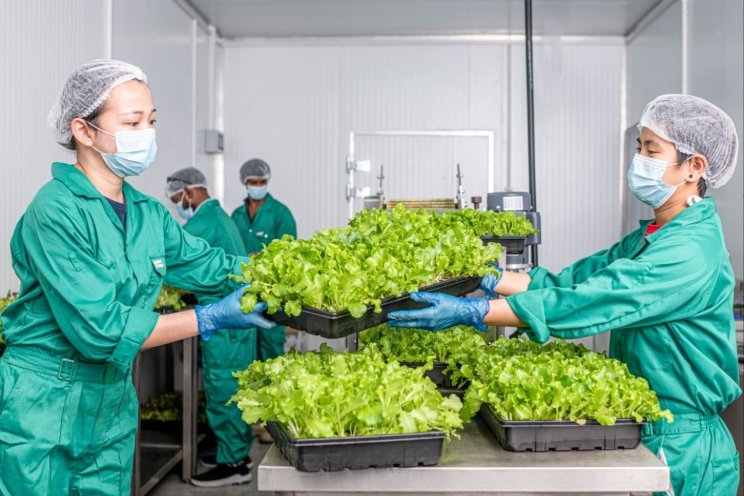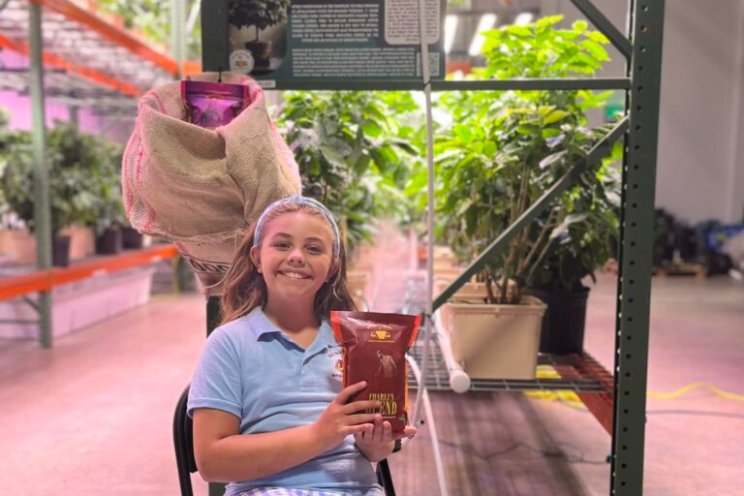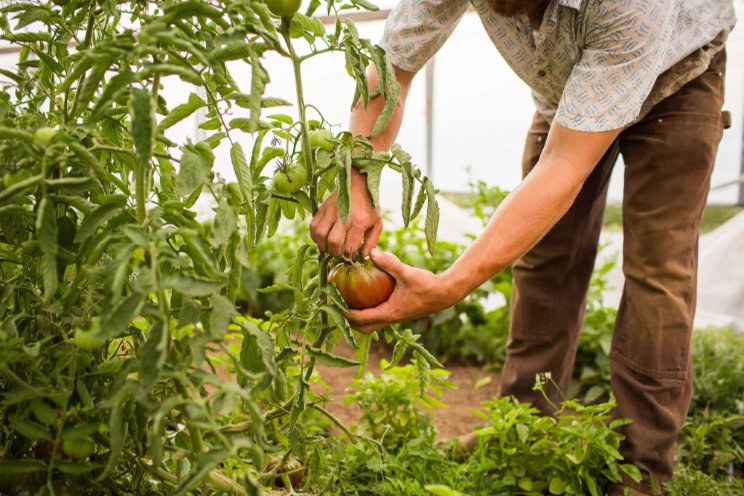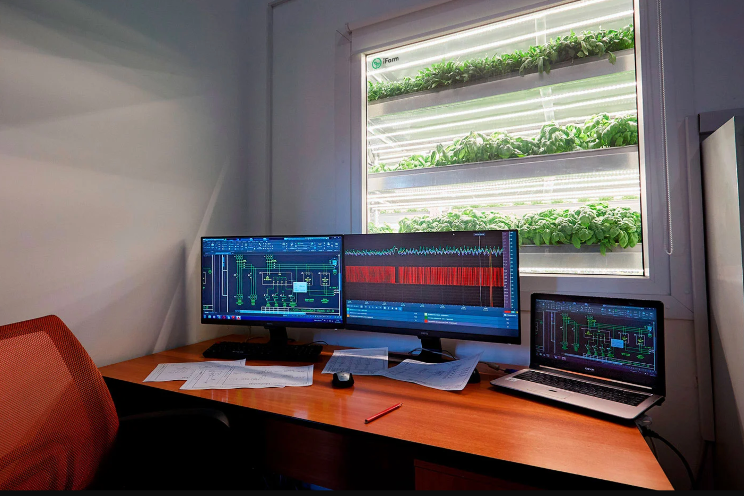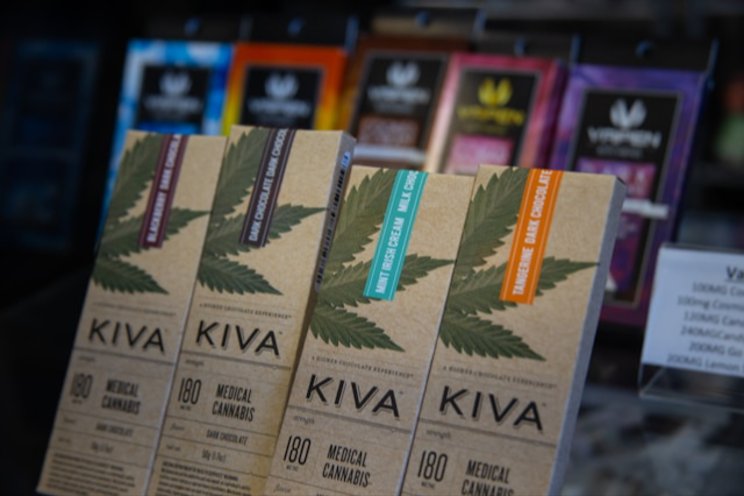Are you getting the numbers right for CEA food production?
Added on 01 September 2021

Starting with a 5-acre glass greenhouse facility in Belvidere, N.J., Edible Garden ships organically-certified 4-inch potted herbs, hydroponic basil, living and cut lettuce and fresh cut herbs throughout the United States. In addition to its own production operation, Edible Garden contracts with growers in other regions including the Midwest to supply organic crops to retailers in that part of the country. Edible Garden distributes its products through about 4,500 retail outlets including Walmart, Meijer, Hannaford, Wakefern Food Corp. and Target. Geographically its products are sold from Maine to Maryland to the south and Wisconsin to the west
"We currently have supply agreements with a number of contract growers in the Midwest," said Scott Prendergast, chief data officer at Edible Garden. "Up until last year we were providing almost all products out of our Belvidere facility with some supplementation from small contract grows. The growers we are working with produce a variety of crops that cover all of our products. Some of the growers produce almost exclusively for Edible Garden while for others Edible Garden crops are just one of their product lines. These growers are also producing the majority of the Edible Garden crops organically."
For almost two years Edible Garden has been the exclusive provider of 4-inch potted herbs, cut herbs, living lettuce and hydroponic basil to 260 Meijer stores in the Midwest.

Edible Garden is looking to increase its hydroponic production of lettuce to be able to deliver a locally-grown, certified-organic product.
"Initially we provided these products from our facility in Belvidere," Prendergast said. "Our motto is "Simply Local. Simply Fresh.," our goal is to reduce the food miles, support local hiring and provide the best quality. We wanted to deliver Meijer stores a fresher, more sustainable product using less production and shipping processes. We have accomplished this during the last six months by transitioning nearly all of our Meijer production to our Midwest contract growers. This has enabled us to reduce 1,000 food miles for each product three times a week."
Why organic food crops?
Edible Garden, which began operating in March 2012, had initially planned to grow floral crops with plans to add a small line of container herbs. As market conditions changed and as market opportunities were identified, taking the greenhouse organic became the company's primary interest.
"We saw a market opportunity with organic crops," Prendergast said. "There was quite a bit of big box competition and generic or non-organic products on the market. Identifying the ability to provide a high quality greenhouse-grown, certified-organic product drove our efforts to grow organically.
"The process to become certified organic took Edible Garden a couple of years. Transitioning from traditional production methods to growing organically was a difficult transition. Without being able to use the same products associated with traditional growing including substrates, fertilizers and pest control products. Our crops had to grow within the same production systems to produce the same quality using all organic materials."
The company started growing 4-inch potted herbs and then added a line of fresh cut herbs.
"After we began growing potted herbs we became a fresh cut herb provider for restaurant chains and distributors in the Northeast," Prendergast said. "We provide basil exclusively in bulk. We provided restaurants with fresh greens and fresh cut organic sweet basil through food distributors from New York to Washington D.C."
Edible Garden had also done some direct distribution to individual stores for some smaller food store chains.
"Higher shipping costs, including rising gas and lease prices, along with the inefficiencies to deliver to individual stores has caused Edible Garden to migrate almost exclusively to the distribution center model," Prendergast said. "Ninety-five percent of our production is herbs and 5 percent is lettuce. We are planning to increase the amount of lettuce we are producing. Our goal is to be able to locally grow and distribute the lettuce. We've already seen this manifest itself in the first-of-its-kind offering of cut lettuce at Meijer, which utilizes partner growers aligned within a couple of hours or less of its DCs."

Edible Garden has developed Green Thumb, a proprietary web-based portal that does inventory management of its crops in the greenhouse.
Getting the numbers right
While Edible Garden was working out how to grow quality organic crops, another issue it had to resolve was determining how much product to produce.
"There was an overwhelming unsureness of supply vs. demand and demand planning, which led to unsold crops," Prendergast said. "Being in the produce industry you have to pick, pack and ship in full. Our management team, coming from the commercial banking industry, would always try to err on the side of too much than not enough. Unfortunately when too much became too much we were throwing away plants because they grew too big to sell. That was a loss to our bottom line.
"The mantra of Edible Garden's CFO Mike James is we are in a penny business. If we overproduce 1,000 potted basil plants that is 1,000 pots and 18,000 basil seeds thrown away. With those pots we are also throwing away the substrate, fertilizer, water and labor that were used to grow the crop. The need for adapting technology was driven by not having the margins to absorb these kinds of mistakes. We need to use every tool at our disposal and if we don't have it, we need to make it so that we can capture every penny of margin we can."
When Prendergast joined Edible Garden two years ago the biggest sticking point was the lack of advanced planning and product availability.
"Edible Garden was throwing away a lot of inventory because it did not anticipate the accurate sales of its customer base," he said. "Over the last two years the company has developed Green Thumb, a proprietary web-based portal that does inventory management in the greenhouse. It does crop estimations, tracks waste and does advanced planning to develop a sophisticated forecasting algorithm.

Rather than expand its greenhouse facility in Belvidere, N.J., Edible Garden has started working with regional contract growers to deliver fresh, locally-grown produce to its customers' distribution centers.
"The Green Thumb system is dialed in to track daily sow, pick and pack activities as well as customer sales forecasting and advanced planning. The system tracks not only demand forecast, but any greenhouse events that may affect inventory. It manages this compensation so that there are no future problems, no future deliverability holes."
Edible Garden's production facility team members handle the data entry into the Green Thumb system.
"The team uses either hand-held devices or laptops to enter the data," Prendergast said. "We track the progress of the crop, which we call "weeks to finish" (WTF). We track weeks to finish and how it is impacted by seasonality as well as the weather within the season. If there is a 10-day stretch of cloudy weather in the fall or winter, the system understands that and expands out the weeks to finish so a crop that was anticipated to finish in 10 weeks may take longer."
As Edible Garden started to resolve its issues with inventory management the company began to look for other technology that could automate other processes.
"We created a dynamic palette-building tool based upon our orders," Prendergast said. "This pallet-building tool created a streamlined process that the production facility could use to eliminate any questions about how to fill the pallets with orders.
"On average, we are shipping 80,000 to 100,000 plants per week just from one facility. This requires a lot of pallets, shipping boxes, placards and purchase orders. Incorporating the tools to eliminate or mitigate packing and shipping questions or issues has really provided some quantifiable benefits to the production side as well."
Header Photo Caption: Scott Prendergast, chief data officer at Edible Garden, with son Boston and daughter Evan, in the company's 5-acre greenhouse facility in Belvidere, N.J.
Photos courtesy of Edible Garden
Source: Urban Ag News
Source: Urban Ag News
More news

